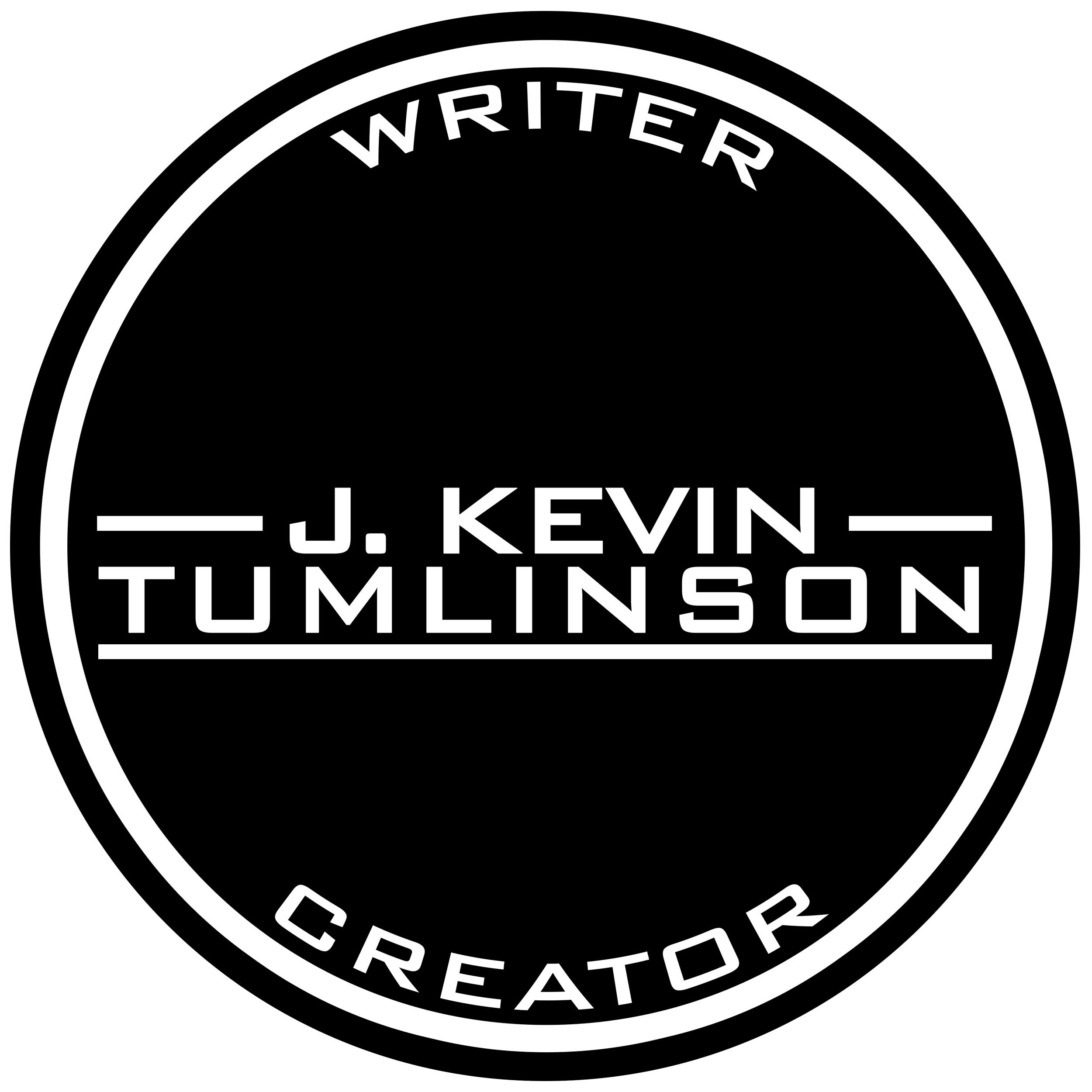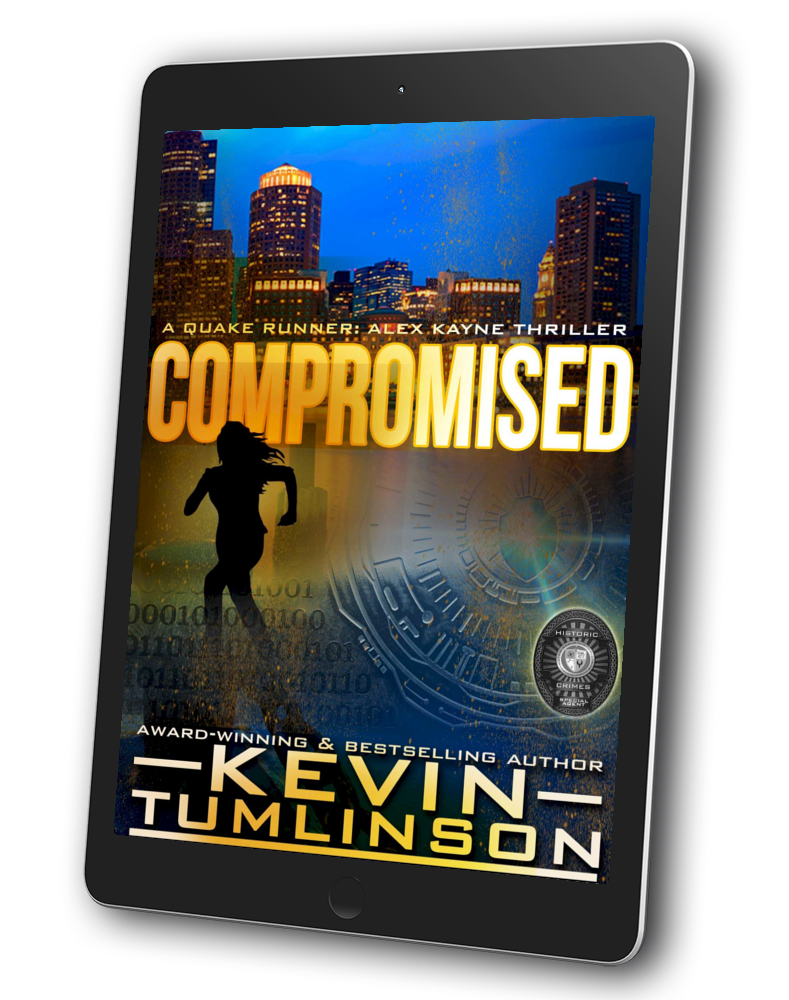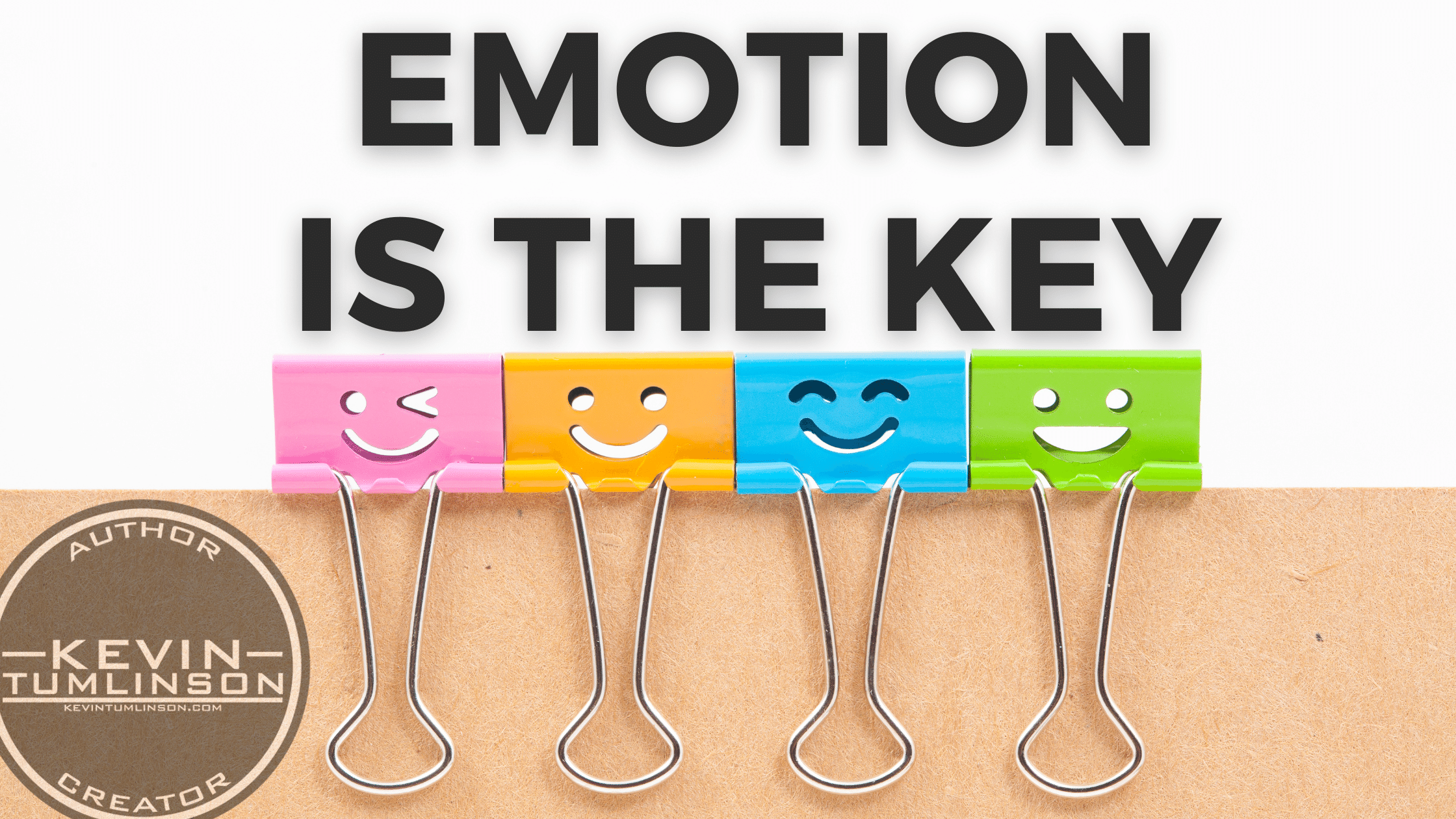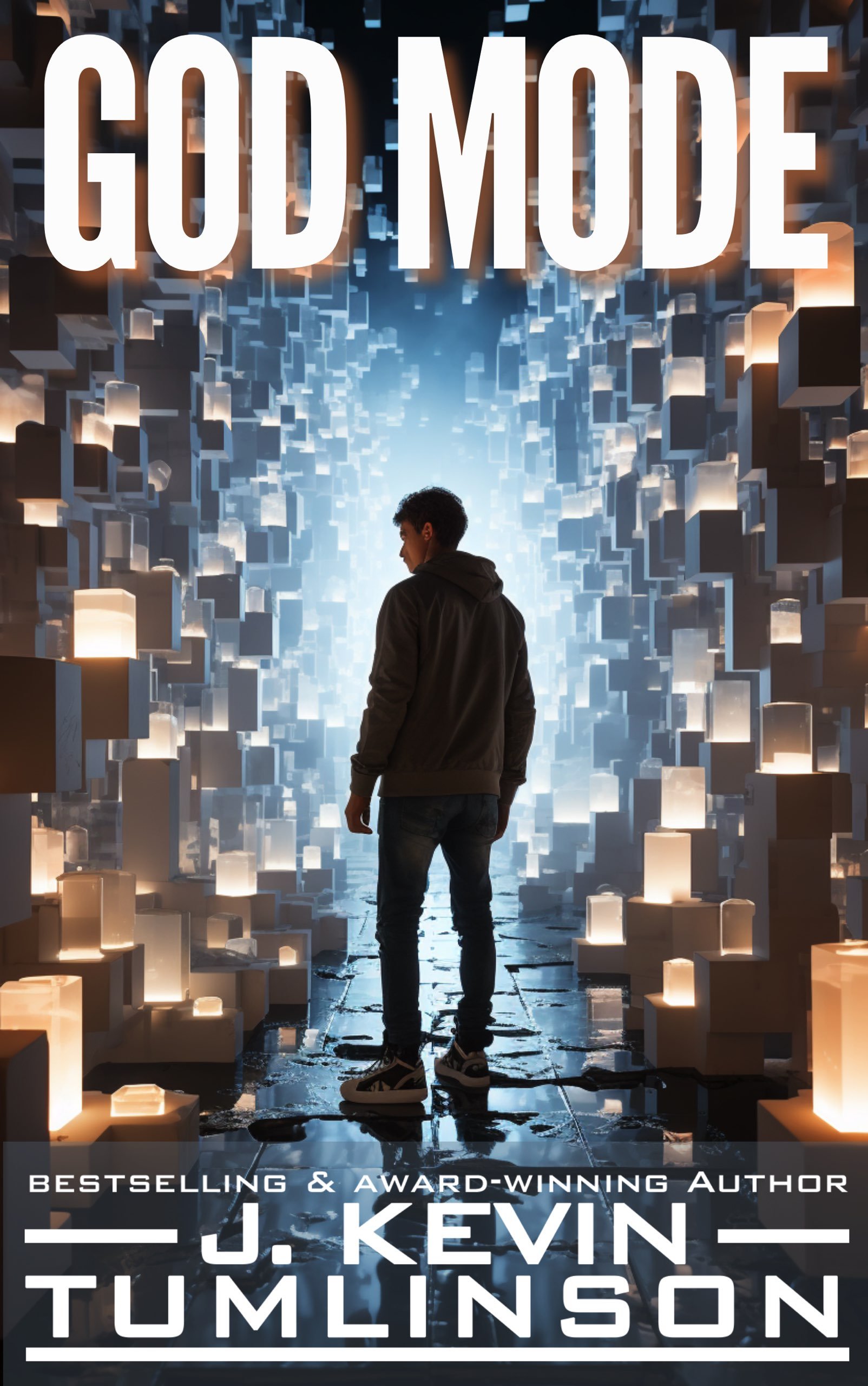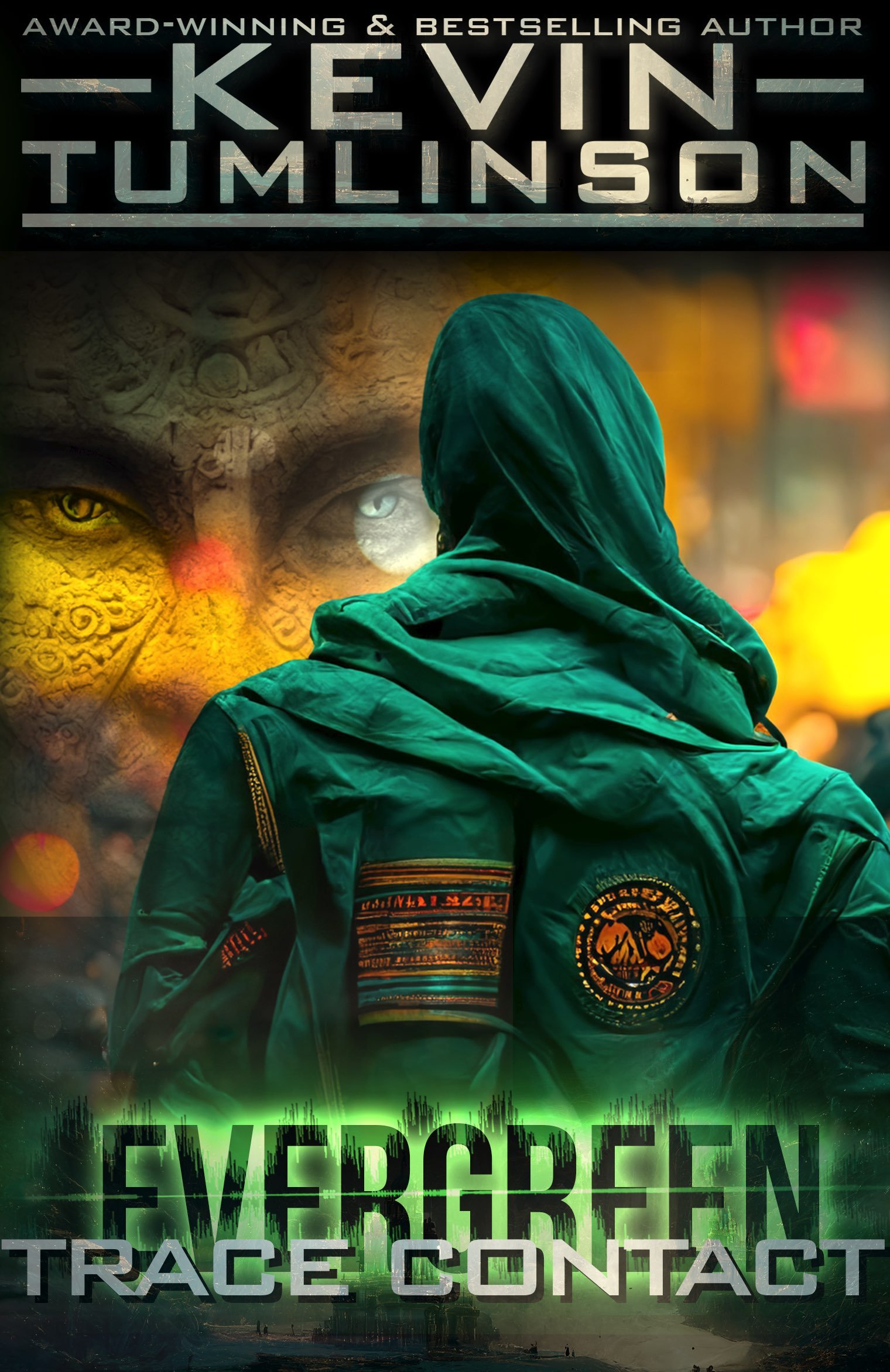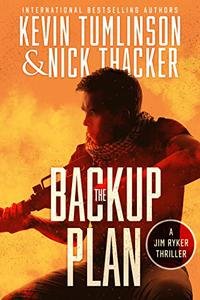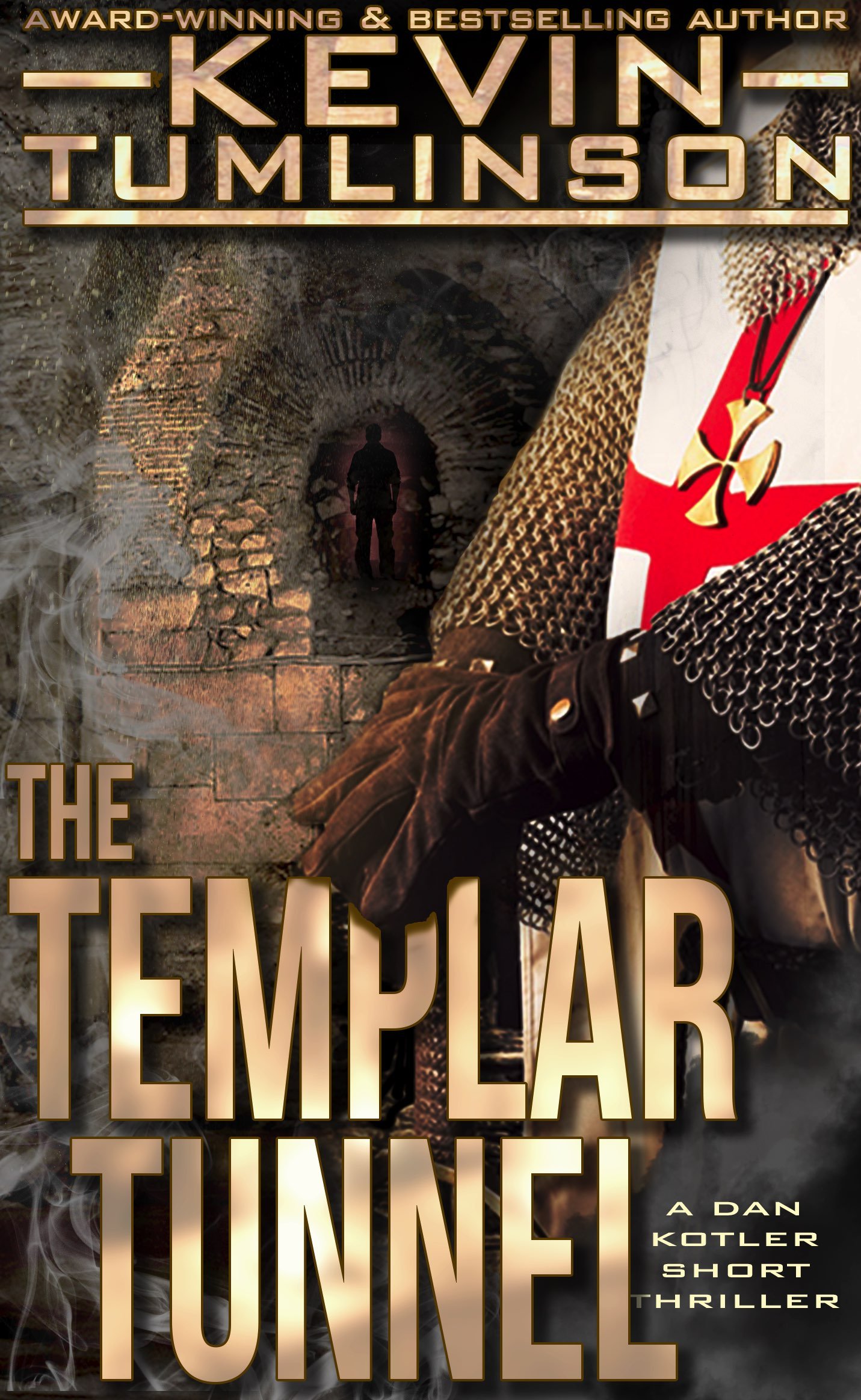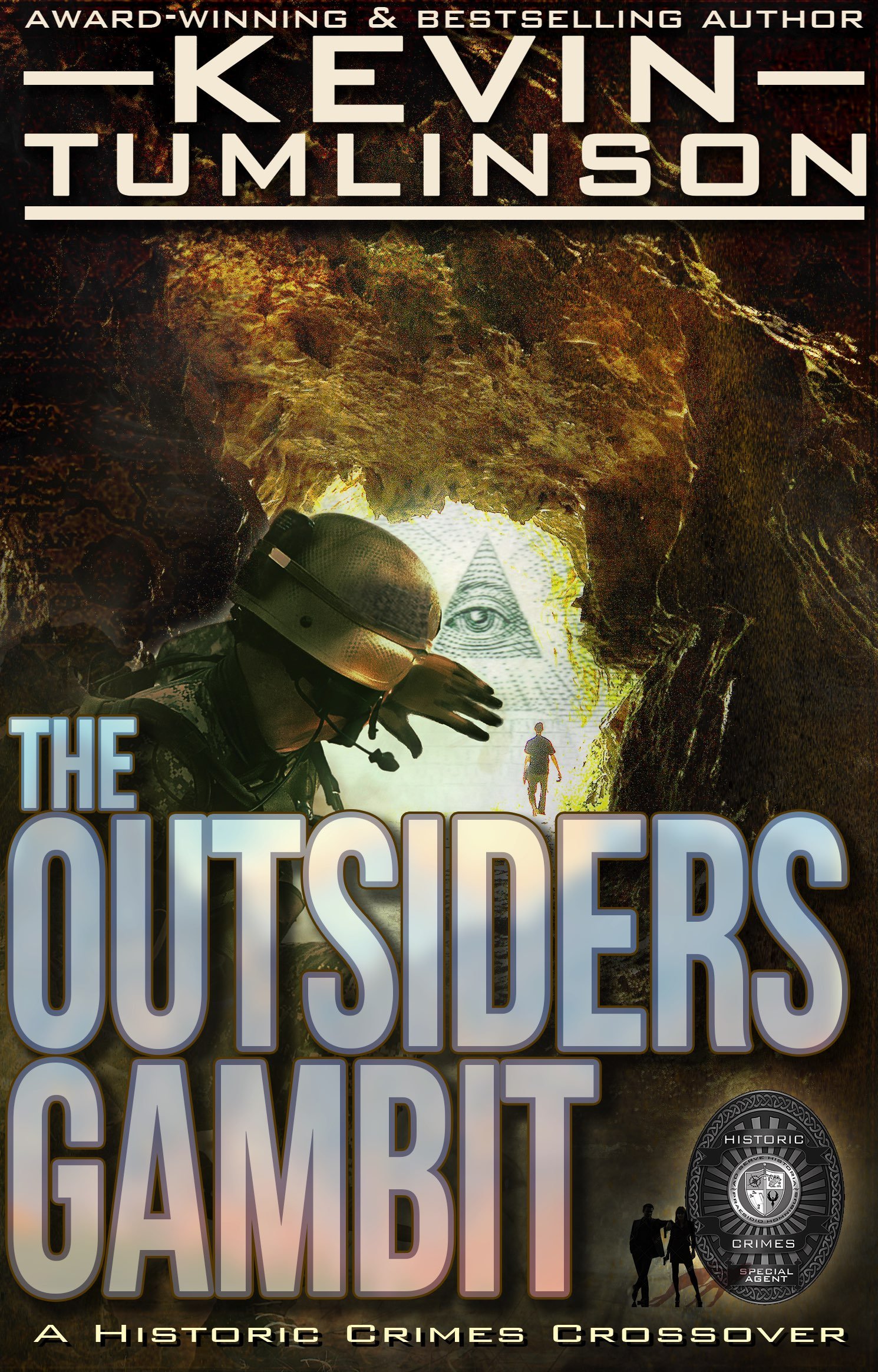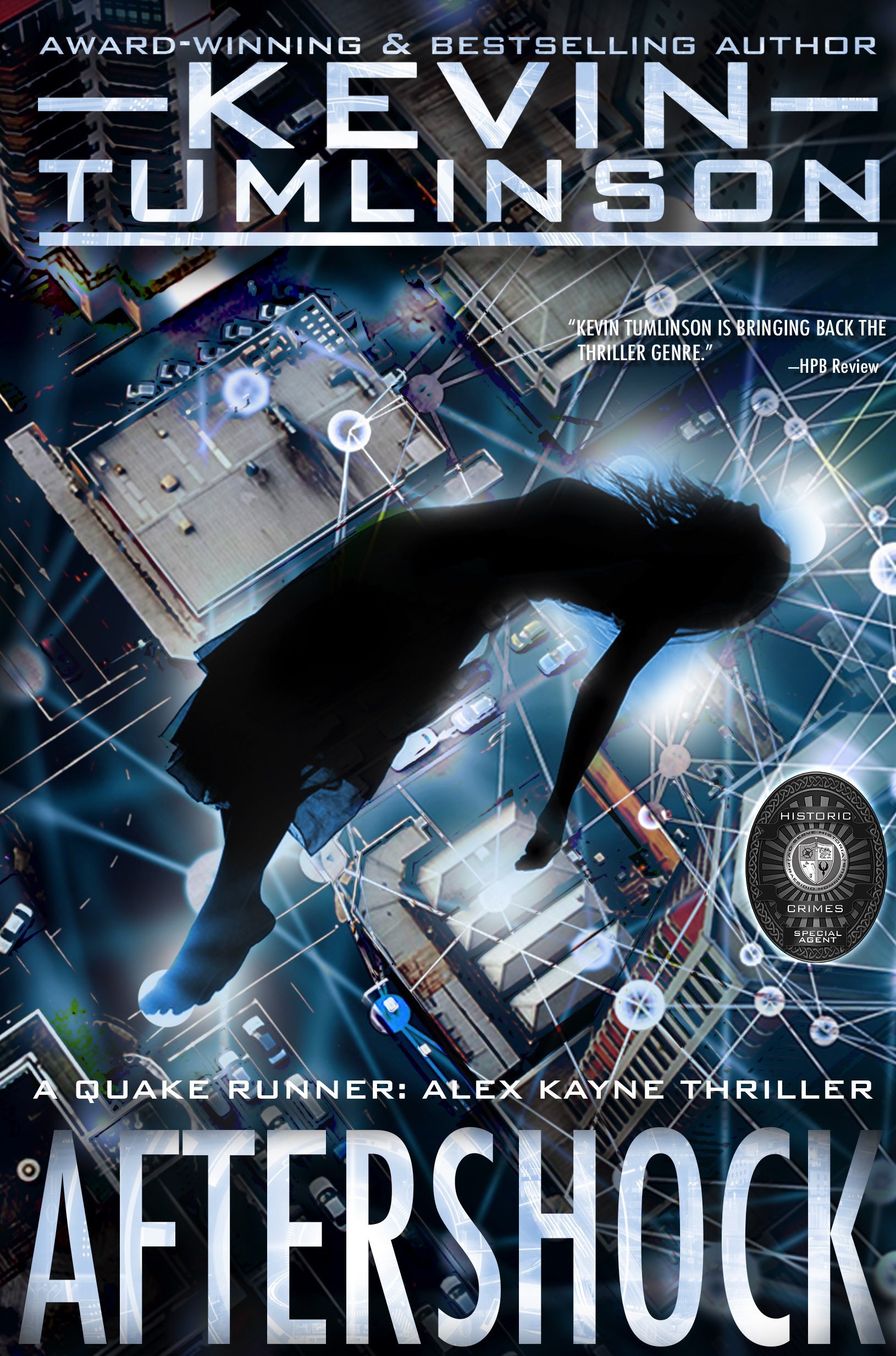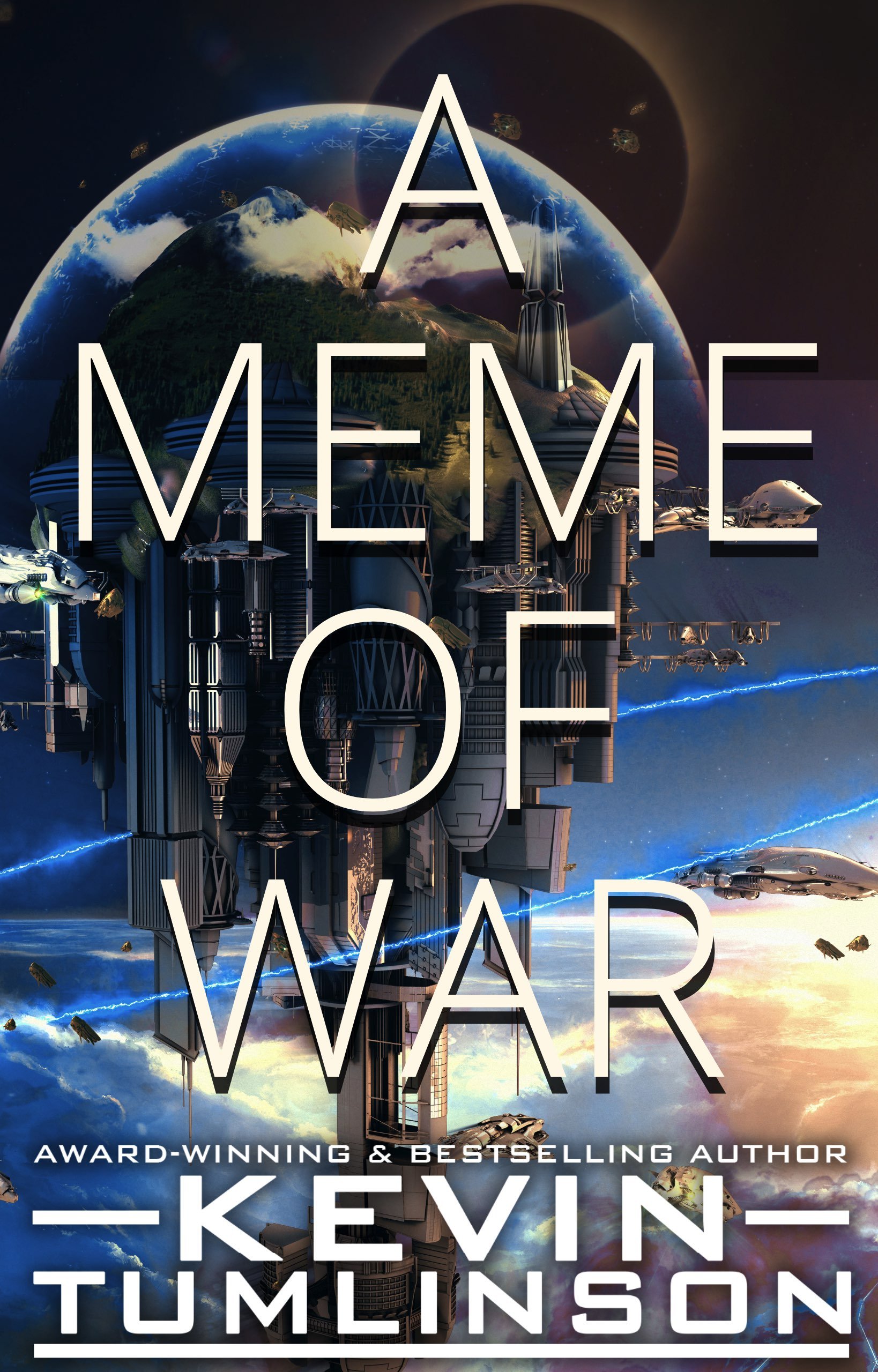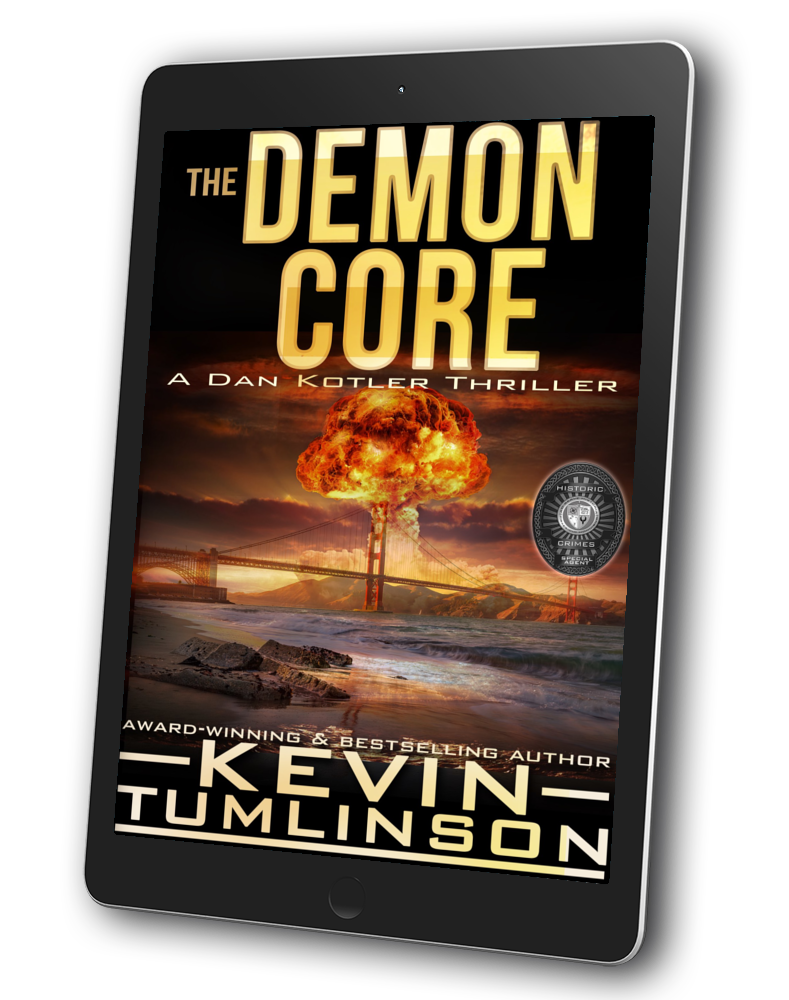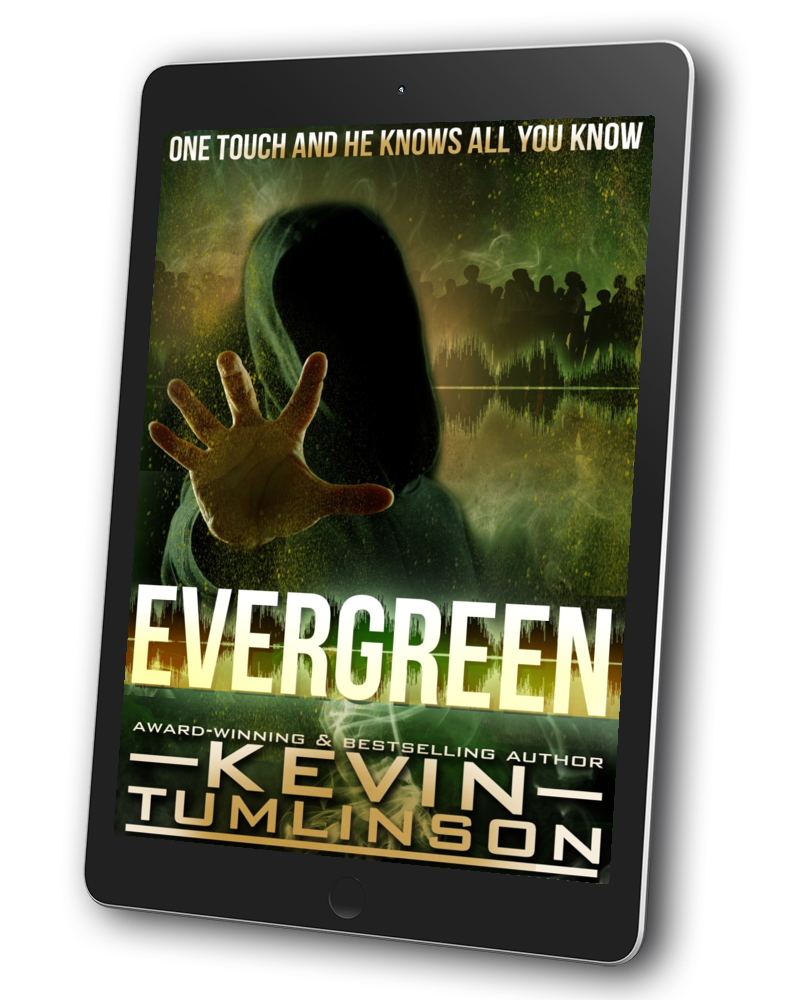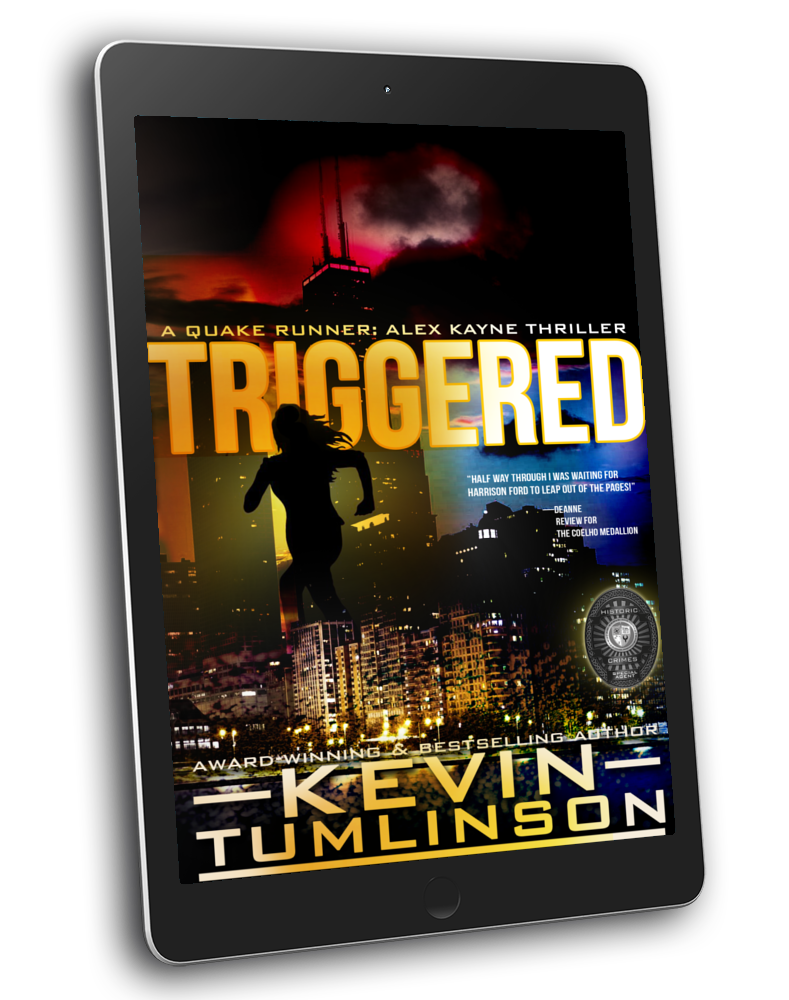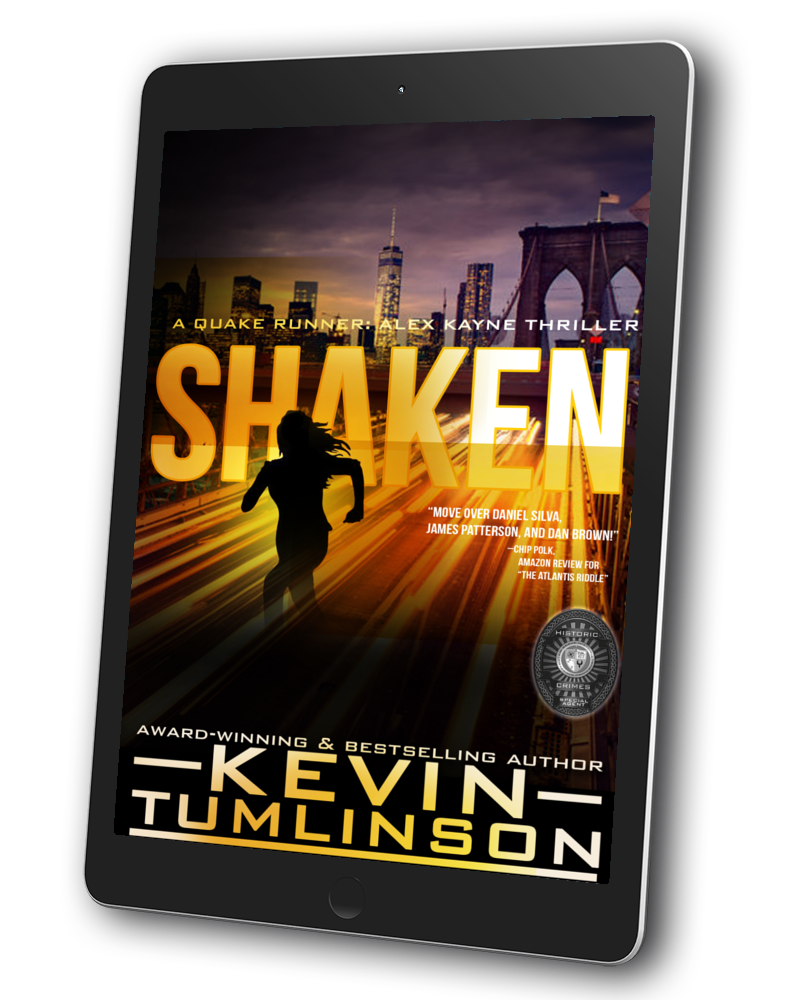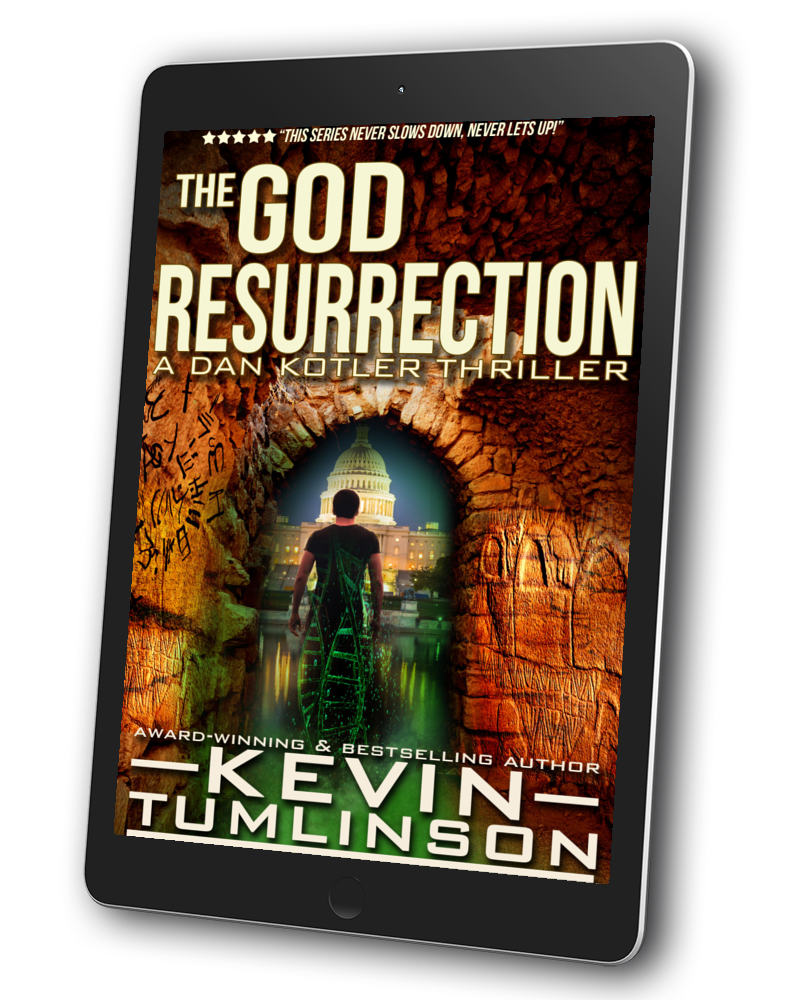I was in an Meijer’s grocery story in Michigan, about a year ago, taking the time to explore the aisles and be “not in the van” for an hour or so. Kara was doing some solo browsing of her own. It was some private time for both of us—something we need, every now and then, when circumstances (such as rain or other inclement weather) have us cooped up for too long.
I have this thing for grocery stores. I don’t know what it is, exactly, but they bring me great comfort. And especially stores like the one we were exploring, which was more of a big box store chain, I guess (albeit one I’d never heard of prior to that visit). In addition to food and groceries the place sold just about anything you can imagine—tools, camping supplies, electronics, and best of all, books. In fact, there were at least four aisles of books, including tables where titles were stacked and displayed.
At that point in our #vanlife journey, we hadn’t had much opportunity to visit bookstores, thanks to pandemic restrictions. And this was heartbreaking, because there was a time where I visited bookstores nearly every day of my life, browsing the titles, sitting with a cup of coffee to read or write, soaking in the inspiration and ambience, the sheer psychic energy that comes with being surrounded by the works of other authors.
I missed it. Sorely. I’m so very grateful to have it back.
In addition to my weird passion for grocery stores, I’m particularly fond of the book sections. This may be due to the fact that I grew up in Wild Peach, Texas, where bookstores were nonexistent, and even public libraries were hard to come by.
It’s not that there weren’t any—Lake Jackson had a Hastings, and there was a wonderful used bookstore called The Book Rack that formed my mental template for used book stores. And in the Brazos Mall there was, of course, a B. Dalton and a Walden Books (God rest their souls). Brazoria, West Columbia, and Sweeny all had public libraries, of course—the closest to where I lived. But all of these options were only available to those who had motorized transport.
if I couldn’t ride my bike to it, then it didn’t exist. And besides, I didn’t have any money.
So the only real exposure I had to books, outside of a school setting, was when we went to the grocery story, or to a Walmart, or even better, when we went to a Sam’s Club. And in these places I would move as quietly and reverently as if I were in church, picking up paperbacks, reading their covers, opening them to read a few pages from the front. Heaven.
I’d say that a full 90% of the books I owned from the ages of 0 to 16 came from grocery stores. After I got a driver’s license and access to a car, I also gained access to book stores and libraries that were out of bike range. My collection expanded to include things that weren’t necessarily on a bestseller’s list.
But I’ll confess... even then, I still bought a lot of my books from Walmart. Old habits die hard.
I’ve gotten off the path a little here. But the point is, when we were stretching our legs a little in that Meijer’s in Michigan, and when I stumbled onto their fairly impressive book section, it was like traveling back in time. It felt, just a little, like going home again.
The whole van life thing makes owning paperbacks a little impractical. There’s just no space for them. Of course, the RV life in general has this issue. Which is why so many people buy a book, or borrow one from the laundry at an RV park, read it, and then pass it on (such as putting it in the laundry at another RV park). With the rise of Little Neighborhood Libraries, this kind of buy/borrow-read-donate thing is going mainstream. People seem to love donating their books for someone else to enjoy.
Giving away books, though, has always been tough for me. I’m better at it now, but it was rough going for awhile there. Which, I guess, is one reason why reading ebooks has been such a great advance in my life. Not only does it save space while we travel, I can always have a book on hand to read, without having to wait until we can find a place that sells them, and I never have to worry over giving the books away.
Ebooks have lots of great advantages. I love them.
Still... there really is something magical about holding a paperback in your hands, smelling the pages, seeing your progress as whatever slip of receipt or Post-It Note or candy wrapper you’re using as a bookmark travels from front cover to back cover.
I love paperbacks, too.
All of these things—feelings and emotions, nostalgia, and the sheer excitement of being in a place that sold books, after most of a year of isolation—all of these things must surely have contributed to me picking up a copy of Camino Island, by John Grisham.
I’ve read Grisham’s work before. Classics, by now. The man is a heavy influence on me as a writer, with books like The Firm and The Pelican Brief and A Time to Kill. I’ve read a lot of his work over the years. But something about Camino Island felt different right from the start.
For one thing, there’s that cover. It looks like a romance novel, if I’m being honest. Like something Nicholas Sparks would write. And even though I’m not much of a beach fan, there is something inviting about the scene of a wooden walkway terminating at a line of sand, ocean, and sky.
But the thing that hooked me was the description, which promised a tale of intrigue regarding a set of stolen, rare manuscripts that end up in the hands of a bookstore owner who has his fingers on the pulse of publishing.
The first part of the book is a heist story, which is always appealing. The rest is a hunt for the stolen manuscripts that feels like a spy novel.
The characters are intriguing and appealing—to the point of having me fantasizing about life as a bookstore owner in the Florida Keys. Bruce Cable, said bookstore owner, isn’t even the primary protagonist of the first novel, and yet his demeanor and style and history make him someone you absolutely want to know.
And in the sequel, Camino Winds, Bruce is the primary protagonist, and we get to follow along and know him better, which feels like scratching an itch left by the first book.
The fact that these books provide a kind of deep dive look into some of the nuances of the traditional publishing world, at least in terms of the authors and the booksellers, makes them all the more appealing to me. It’s a bit like seeing that world from the inside, alongside Grisham himself, in a way that typically feels inaccessible.
Grisham expresses an unfavorable view of self published authors, in the first novel, but I don’t even mind. I still felt right at home, sitting at the dinner table with Bruce Cable and his eclectic collection of quirky, broken author friends, gossiping and backbiting, teasing each other mercilessly about books past and books not-yet-present.
The plots of these two books are filled with intrigue and danger of the kind one only finds when a great deal of money is involved. And Grisham has managed to weave tales that have so many side paths and turns, you get that “heist story” vibe throughout. Even the more mundane elements of the story feel exotic and enticing.
I read the first book as a paperback, taking great pleasure in lounging in one of our camp chairs under the awning of our van, as we moved about the country. From lakeside in Holland, Michigan, to the foot of the Black Mountains in South Dakota and the Rockies in Colorado, to the long and mournful plains of Wyoming, and finally back in my home state of Texas (just in time for an historic bout of winter weather), I read and enjoyed Camino Island as a new old favorite.
And upon finishing that first book, I immediately bought the second book, Camino Winds, this time as an ebook, and read it as the polar vortex swept through Texas, knocking out power and damn near freezing us all to death.
If I never hear the phrase “unprecedented times” ever again, I will be astonishingly grateful.
Reading a book about the aftermath of a hurricane while bundling up next to a fireplace in a dark room, trying to keep my frozen appendages warm, is kind of head trip. But it did make the book all the more memorable. And again, another “old favorite.”
These books are wonderfully adventurous. And if you happen to be interested in the world of writing and publishing, they’re a playful treat you’re sure to love.
I’ll be rereading both, in the future, and I look forward to more in the series.
YOU ARE READING SIDE NOTES
Side Notes is an extension of my Notes at the End, which are author’s notes that appear at the end of every one of my novels. If you like these posts, you’ll love the books.
If you’d like to support me (and see more posts like this) you can do me two favors: First, peruse my catalog of books and find something you’d like to read; and second, join my mailing list to become part of an amazing community of readers and friends I interact with regularly. Thank you for your support!
